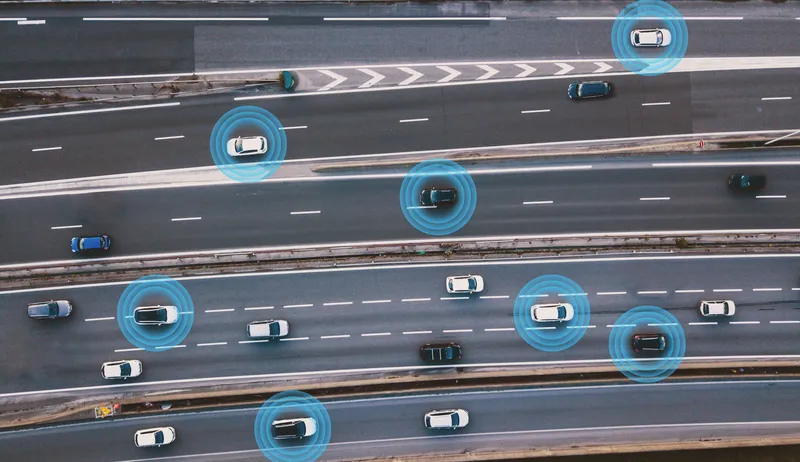The UK’s University of Nottingham has entered into a partnership to deliver skills and technology on smart transportation.
It has signed a formal agreement with Transport Systems Catapult’s (TSC) Deep Academic Alliance (DAA). The initiative is part of the UK government’s stated ambition to make the country a world leader in driverless and interconnected vehicles and intelligent transport infrastructure.
The DAA supports TSC’s five-year academic engagement strategy to ensure transport innovation has g
July 30, 2018
Read time: 1 min
The UK’s University of Nottingham has entered into a partnership to deliver skills and technology on smart transportation.
It has signed a formal agreement with
The DAA supports TSC’s five-year academic engagement strategy to ensure transport innovation has greater budgetary focus within local and national government.
The partnership brings together academia, research councils and industry players to provide evidence and policy advice to plan and regulate new transport systems.








